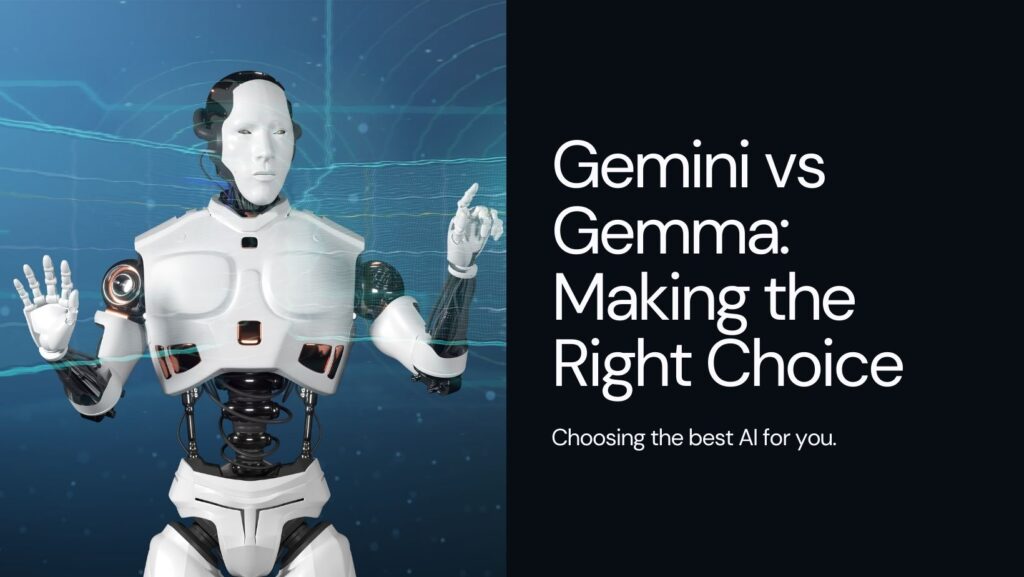What is Gemma?
Gemma is a family of lightweight, open-source AI models developed by Google. These models are based on the same research and technology used to create the Gemini models.
Gemma models are designed to be versatile and can be used in various applications, including running on different hardware, mobile devices, or hosted services. They can also be customized using tuning techniques to excel at specific tasks
Gemini vs Gemma Features
Difference Between Gemma and Gemini Nano
Gemma and Gemini Nano are both AI models developed by Google, but they serve distinct purposes and have different capabilities.
Related Post-Gemini vs Mistral
Gemini pro vs Gemma

Gemma and Gemini Pro are both large language models developed by Google AI, but they cater to different needs and possess varying capabilities.
Gemma
- Focus: Open-source, research-oriented.
- Size: Smaller model, often referred to as a foundation model.
- Purpose: Serves as a building block for developers to create custom applications.
- Accessibility: Freely available for experimentation.
Gemini Pro
- Focus: High-performance, commercial applications.
- Size: Larger model, often incorporating advanced techniques.
- Purpose: Delivers superior performance on complex tasks.
- Accessibility: Typically accessed through APIs or cloud services.
| Feature | Gemma | Gemini Pro |
|---|---|---|
| Focus | Research, development | Commercial applications |
| Size | Smaller | Larger |
| Accessibility | Open-source | API or cloud-based |
| Performance | Good for basic tasks | Excellent for complex tasks |
Conclusion: Gemini vs Gemma
In conclusion, Gemma and Gemini serve different purposes within Google’s AI ecosystem. Gemini, developed by DeepMind, is a cutting-edge AI model designed for complex tasks and high performance, aimed at competing with top systems like GPT-4.
In contrast, Gemma is a family of lightweight, open-source AI models based on the same research as Gemini, offering versatility and resource efficiency for developers and researchers.
When comparing variants, Gemini Nano focuses on optimizing performance for mobile devices, while Gemini Pro targets high-performance commercial applications. Ultimately, the choice between these models depends on specific user needs, showcasing Google’s commitment to advancing artificial intelligence.
